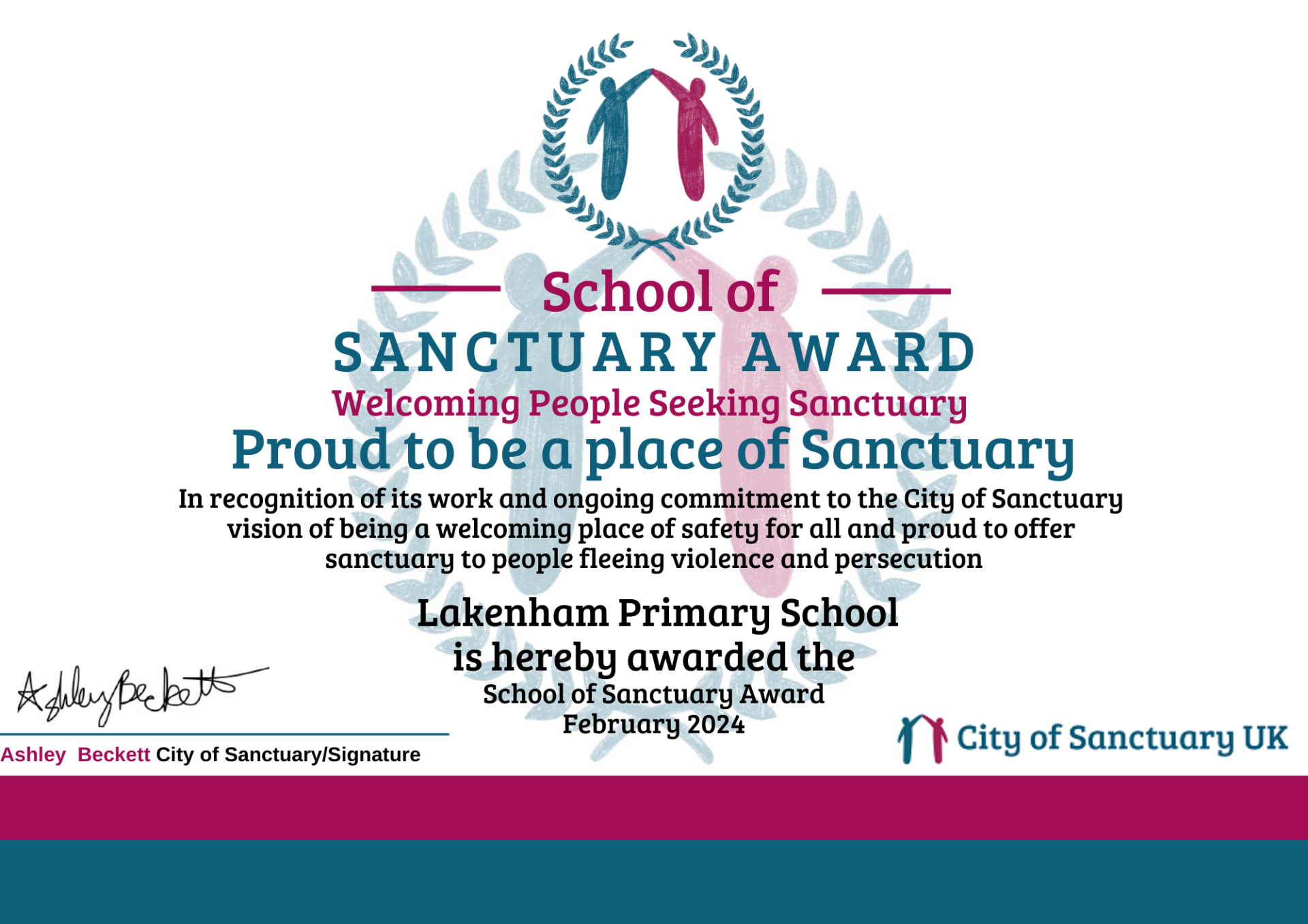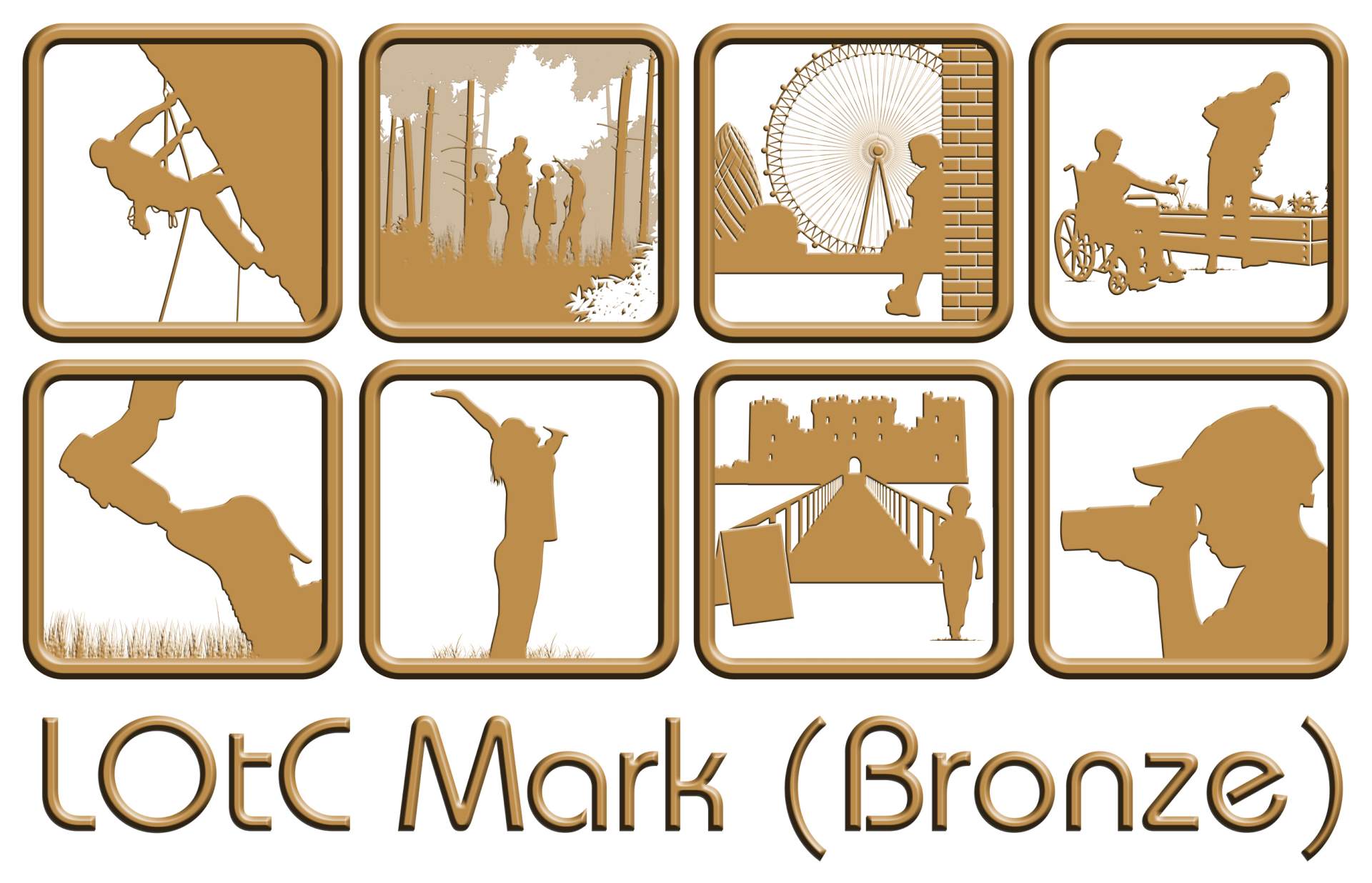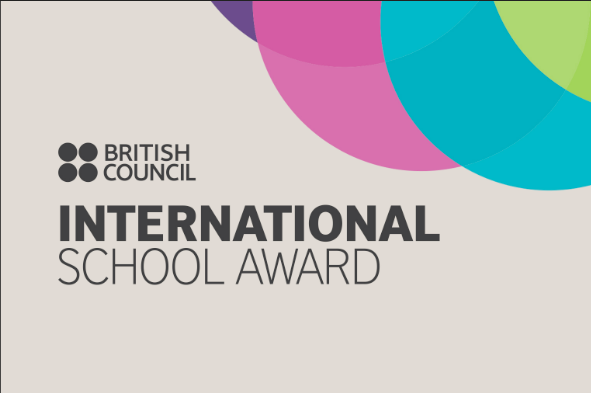How can I support speech, language and communication? (for parents)
Talking to and listening to your child is the best way to develop speech, language and communication skills.
Support at home
As we head towards the school summer holidays, we thought it might be a good time to think about listening skills. As adults the best way to help our children to listen is to show them by doing it ourselves. Try to switch off background noise so your child can really focus on what is being said.
- Give eye contact to your child during conversations so they are aware you are listening and they will soon learn to do this to you.
- Show them how we take turns and speak in full sentences.
- Really listen to their answers and try to see things from their point of view
- Have lots of fun together and talk about what you are doing and what you enjoy together.
No pens day
We hold termly no pens days to encourage a whole day of speaking and listening activities.
Communication and language support
If you have any concerns at all about your child's communication, please make an appointment to speak to your child's class teacher in the first instance. In school we have tools to assess and support your child with any difficulties. If needed we can refer for further support.
Look here at expected levels of development at different ages https://ican.org.uk/i-cans-talking-point/parents/ages-and-stages/.
This will give an understanding of what is typical and how you can support your child. As previously mentioned please talk to your child's teacher with any concerns.
ECCH support Lakenham Primary School and Nursery with speech, language and communication difficulties. Their website has a lot of useful information too. https://salt.ecch.org/parents/.
These websites also have a lot of useful information if you wanted to investigate independently, but please come and speak to us about any concerns.
www.thecommunicationtrust.org.uk
www.bbc.co.uk/cbeebies/grownups/speech-and-language-difficulties
Visual communication
Visual instructions and songs are a great way of communicating and remembering instructions. Try this Peppa Pig clip about handwashing to support during Covid 19. https://youtu.be/ZOkN4IV0gN8

If you and your child are learning PECS (picture exchange communication system), have a look at this Peppa Pig episode as a fun way of reinforcing the pictures and their meanings. https://www.youtube.com/watch?v=xB_-sVJkBfA
English as an additional language
If English isn't your first language, speak to your child in your home language too. We are often asked if you should speak English to your child at home if it is not your first language. When children learn two or more languages, they may often use a word existing in one language in the other; especially if they don’t know the word in the other language! This is called code-switching. This is the usual way that children use their languages; they literally switch between different languages. It is important that you carry on using your home language to speak with your child for many reasons:
• Your child needs to keep developing their home language skills to give them a strong foundation for learning other languages. This then helps them develop their skills in understanding and using English.
• You will be more confident and relaxed using your home language.
• If you start using English your child may lose their home language and not develop competent English skills.
• Your child may lose their home language and be isolated from their family and community.
• You can also help your child's reading skills by reading books in your home language
Research shows that the ability to speak more than one language can be beneficial to learning language when young and increases connections in the brain to benefit thinking when older.
Please contact us if we can support you with any issues connected to communication and language.










